South Campus Animal Farms provides facilities to support MSU teaching, research, outreach missions
Infrastructure upgrades expand research capabilities, teaching opportunities

Michigan State University is home to seven animal research farms, collectively known as the South Campus Animal Farms (SCAF) and integral to supporting the land grant mission.
SCAF includes centers for dairy cattle, feedlot cattle and beef cow-calf, swine, sheep, poultry, and horses, all located within three miles of MSU’s central campus. The facilities host MSU students and faculty for active learning opportunities, serve as a resource center for farmers to receive MSU Extension programming related to animal agriculture, and are home to various research projects in the Department of Animal Science and the College of Veterinary Medicine.
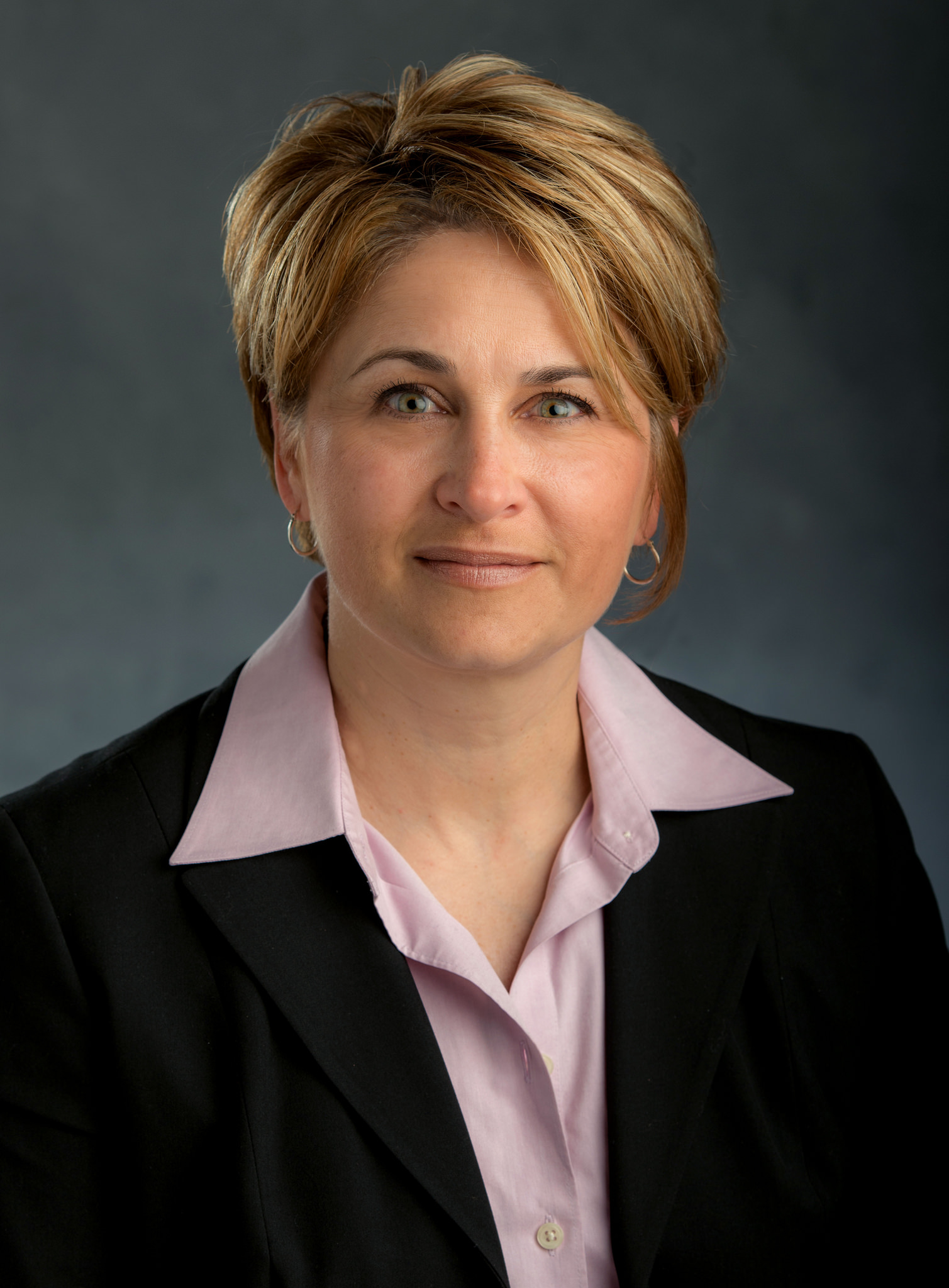
“The South Campus Animal Farms are a critical component of the College of Agriculture and Natural Resources,” said Kelly Millenbah, CANR interim dean. “They are one of the physical locations where our teaching, research and outreach are clearly visible – they serve many students, faculty and stakeholders here at MSU and around the state.”
Animal agriculture research projects have been on the uptick, thanks, in part, to the Michigan Alliance for Animal Agriculture (M-AAA).
“Since M-AAA funding originated in 2015, the increase in number of projects and the direct impact on the industry has been very significant. SCAF are critical for these research projects. M-AAA wouldn’t have the impact it has on animal agriculture in the state without that infrastructure,” said George Smith, MSU AgBioResearch associate director.
MSU Department of Animal Science Professor and Department Chair Catherine Ernst estimates that about two-thirds of animal science faculty within her department have research and teaching programs “integrally connected to South Campus Animal Farms.”

“The campus farms are essential to allow us to conduct our research in a controlled setting. Having that kind of facility is unique and can’t always be replicated in a commercial setting,” said Ernst, who has conducted multiple swine research projects at the swine farm.
Many land grant institutions have shifted to a more focused approach toward animal agriculture research. To support Michigan’s diverse animal agriculture, MSU provides a comprehensive research program for Michigan’s producers and industry stakeholders.
“One of the things that makes Michigan unique is the diversity of our agriculture. We're very appreciative of the fact that our agriculture industries, in general, and our animal agriculture and allied industries, specifically, all work together and recognize the importance of elevating agriculture in the state,” Smith said.
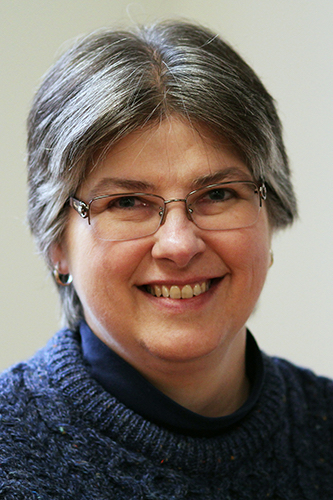
“Frankly, it's economically challenging to maintain infrastructure on campus for farm animals. A lot of land grant institutions have selected a species or two to emphasize and haven't maintained the infrastructure to support research, teaching, and outreach for all of these species (beef, sheep, swine, horse, poultry and dairy), but we've made the strategic decision to do just that. All of above industries are important to agriculture in Michigan, and we have a responsibility from the teaching and research perspective to do work that's relevant to all of animal agriculture.”
Recent emergency shines light on potential setbacks
A fire at one of the SCAF farms this past summer has raised concern about the integrity of the infrastructure in general.
“There is no question our research is severely hampered by the age of the facilities, as well as the type and functional capacities of its current infrastructure. The recent electrical fire has raised even more concerns about the capacity of the remaining facilities and their associated potential safety risks,” said Smith. “Thankfully no one, or no animals were harmed in the fire which could have been a very disastrous emergency.
“As the volume of research at the farms increases, we’ve had to be able to keep up and maintain that infrastructure. That's why we're very appreciative of the fact that we've been able to use M-AAA funds to not only fund projects directly tied to immediate needs of the industry but to help maintain and support the infrastructure that's critical to farm animal research.”
To maintain the ability to reflect Michigan’s commercial farms, SCAF is undergoing several facility upgrades to modernize and better utilize its farms. Through funding sources, specifically M-AAA, SCAF is:
- Renovating the finisher room and all four nursery rooms to increase research capacity and improve animal welfare at the Swine Teaching & Research Center (MSU received a matching gift from the Vita Plus Corporation for this work)
- Adding a new handling chute at the Beef Cattle Teaching & Research Center
- Adding concrete in pens to improve biosecurity at the Sheep Teaching & Research Center
- Adding another bulk tank to handle additional milk being produced at the Dairy Cattle Teaching & Research Center
- Re-fencing large areas of the Horse Teaching & Research Center
As the newly appointed chairperson for the Department of Animal Science, Ernst said she is excited about the benefits and opportunities and upcoming upgrades that will improve those opportunities.
“It's very exciting to see our facilities continue being relevant and supporting our faculty,” Ernst said. “As we look to hiring the next generation of faculty, it’s great that we can show them we have modern, upgraded facilities that can support their vision for research and teaching. We can do projects that people in other places can't do, because we have the ability to raise the animals and collect data in a controlled setting. That makes a lot of our faculty competitive when competing for large projects.”
The renovation of the finisher room and all four nursery rooms at the Swine Teaching & Research Center was recently completed to allow for further research and improved animal welfare.
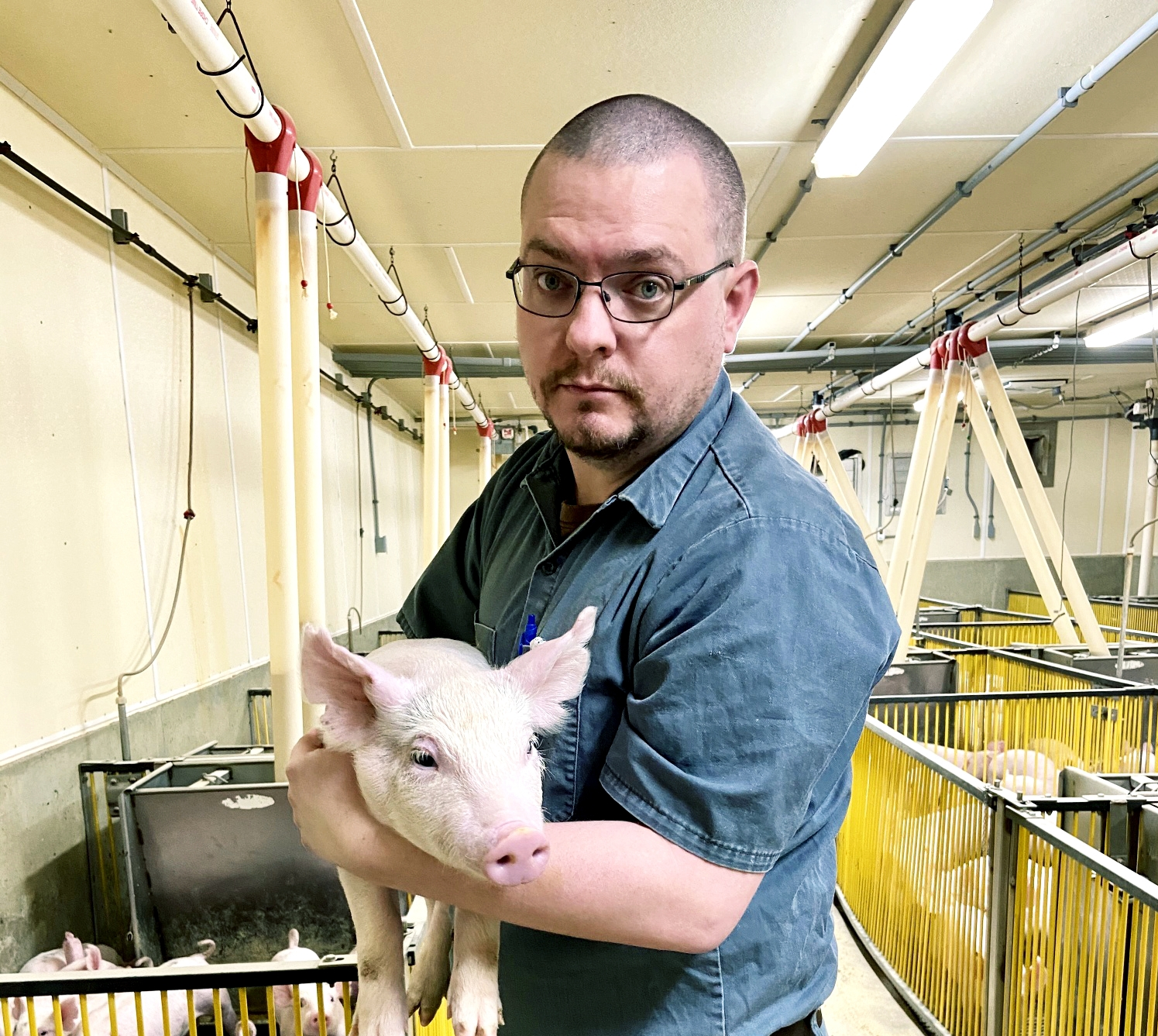
“All aspects of these renovations allowed us to address pig space, animal welfare concerns and position the farm for the future of research and instruction in those rooms,” said SCAF Swine Farm Director Kevin Turner. “Through our partnership with Vita Plus, we were able to redesign the penning in the room to allow for a larger number of smaller pens to increase the replication, and subsequently the power of research conducted in that room. The nursery renovations position us well for the future with regards to animal welfare, quality of research, and the opportunity to provide students with examples of both research and commercially representative nursery room layouts.”
Turner said the facility upgrades will help swine research stay ahead of issues encountered by the state’s swine industry. Currently, the swine farm is supporting several active research projects that address a variety of issues, including computer imaging sows to detect lameness and increase longevity, gastro-intestinal health as it relates to weaning age, natural feed products for improving pig health, growth and efficiency.
“Our main goal is to provide the state’s swine industry with cutting-edge, applicable research, and address important areas of concern through research while also training the next generation of swine industry leaders, and educating the public about swine production. We strive to be a one-stop shop for all of the swine producers in the state, large or small, inside or out door, to receive the knowledge and information they seek,” Turner said.
The farms play a vital role in the curriculum and practical training of MSU animal science and veterinary medicine students, allowing them to gain experience working on an operating livestock farm throughout their academic careers.
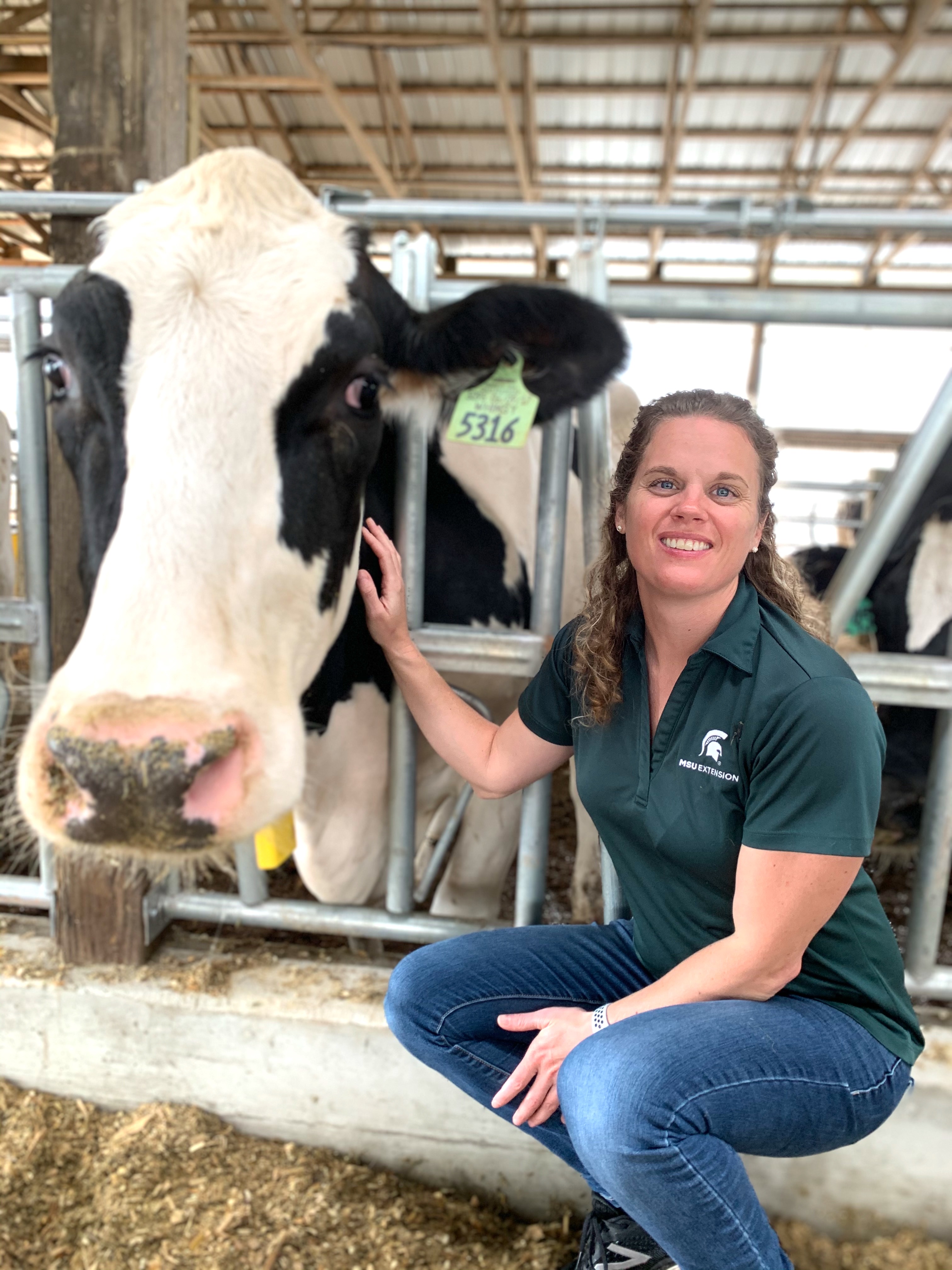
“SCAF is the one place on campus where we can get our students out on a working farm and provide them hands-on interaction with animals to show them how farms operate,” said SCAF Director Faith Cullens-Nobis.
Maintaining the SCAF facilities as close to modern standards as possible in order to replicate what students, researchers and guests would see on any commercial farm they might visit is a goal of Cullens-Nobis.
“We're the first visit to a farm for many people, and what might be the only visit for some. It’s really important that we upgrade our facilities to be safer, welcoming for visitors and that we're getting an accurate picture of what farming is like,” she said.
Barry Bradford, C.E. Meadows Chair for Dairy Management, said the MSU Dairy Cattle Teaching & Research Center, for example, has played a pivotal role in supporting the state’s dairy industry through research and teaching.
“Very little of the dairy research that goes on at MSU could be carried out on a commercial dairy farm. To have the greatest confidence in responses to treatments, individual management of cows is needed, which is rarely found outside of research facilities,” Bradford said.
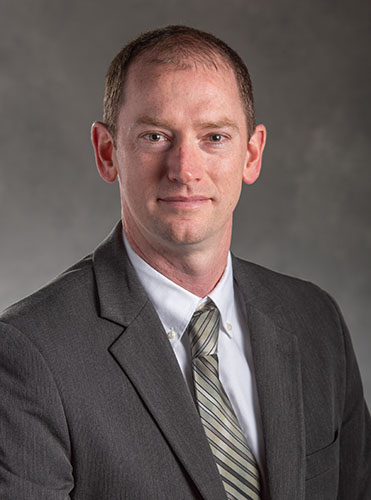
“Likewise, the proximity of the MSU dairy to campus, and the commitment of our management team to our teaching mission makes this facility invaluable for providing students with exposure to dairy cattle, especially those learning to interact with cattle for the first time. The MSU dairy has a long history of providing an initial foot in the door for individuals who have gone on to make a big impact on the dairy industry. Additionally, much of what we try to transfer to the industry is information derived from controlled research carried out on the farms.”
The facility is also a fully functioning dairy operation.
“Our herd of cows produce milk every day, and we've made a lot of management changes in the last year. Our cows have really responded by giving us a lot of extra milk. Because of that, we were overflowing the tank every day, and we weren't getting paid for that extra milk. We were able to use some M-AAA funding to buy a used milk tank that's started operating recently. So now, now we have enough capacity for all of our cows to hold milk for the day and we ship that and sell that every day.”
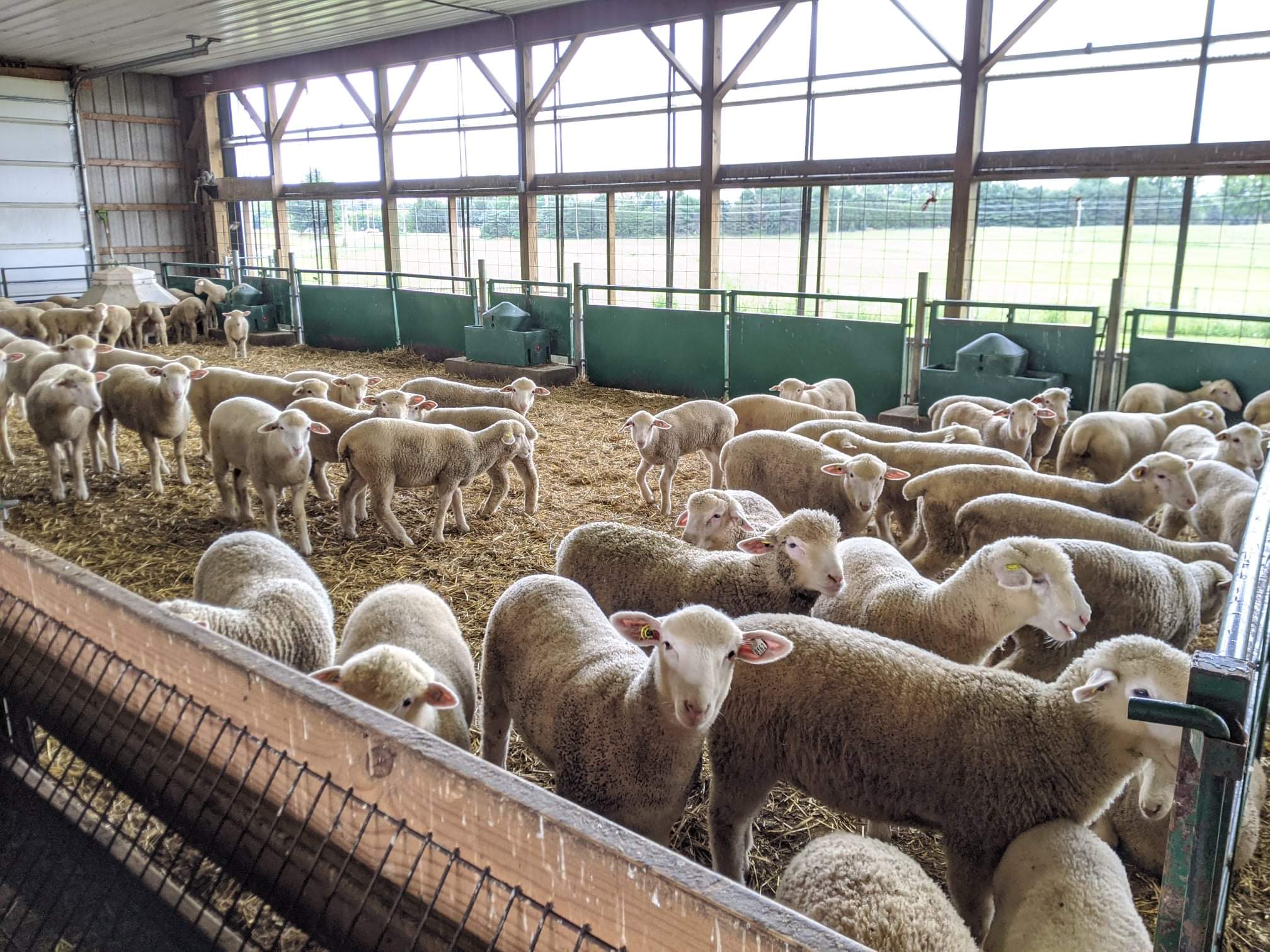
As Cullens-Nobis continues to monitor all the farms for potential upgrade needs and funding possibilities, her overall goal is to have sustainability in mind.
“I would like all of our farms to be reflective of current industry with a focus on sustainability and animal welfare, while still providing a space where we can conduct research and teach our students,” she said. “Sustainability is a priority that is coming at us hard and fast. As our resources are challenged and our available space declines, we have to approach the farms with the focus on how we make the most of what we have and work with our experts at MSU on techniques and strategies to maximize our resources through sustainable animal agriculture methods.”



 Print
Print Email
Email





